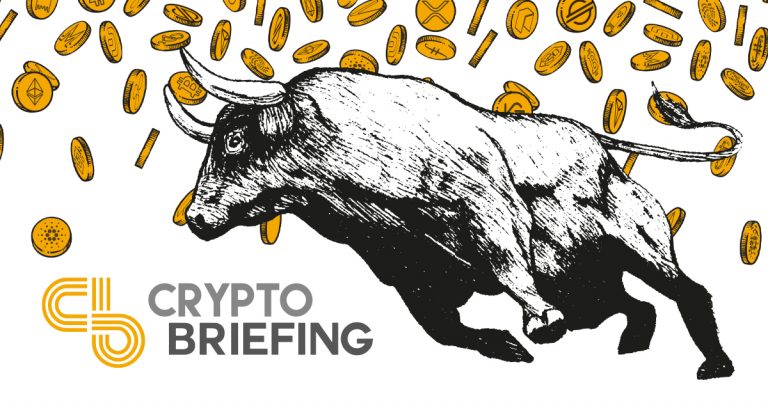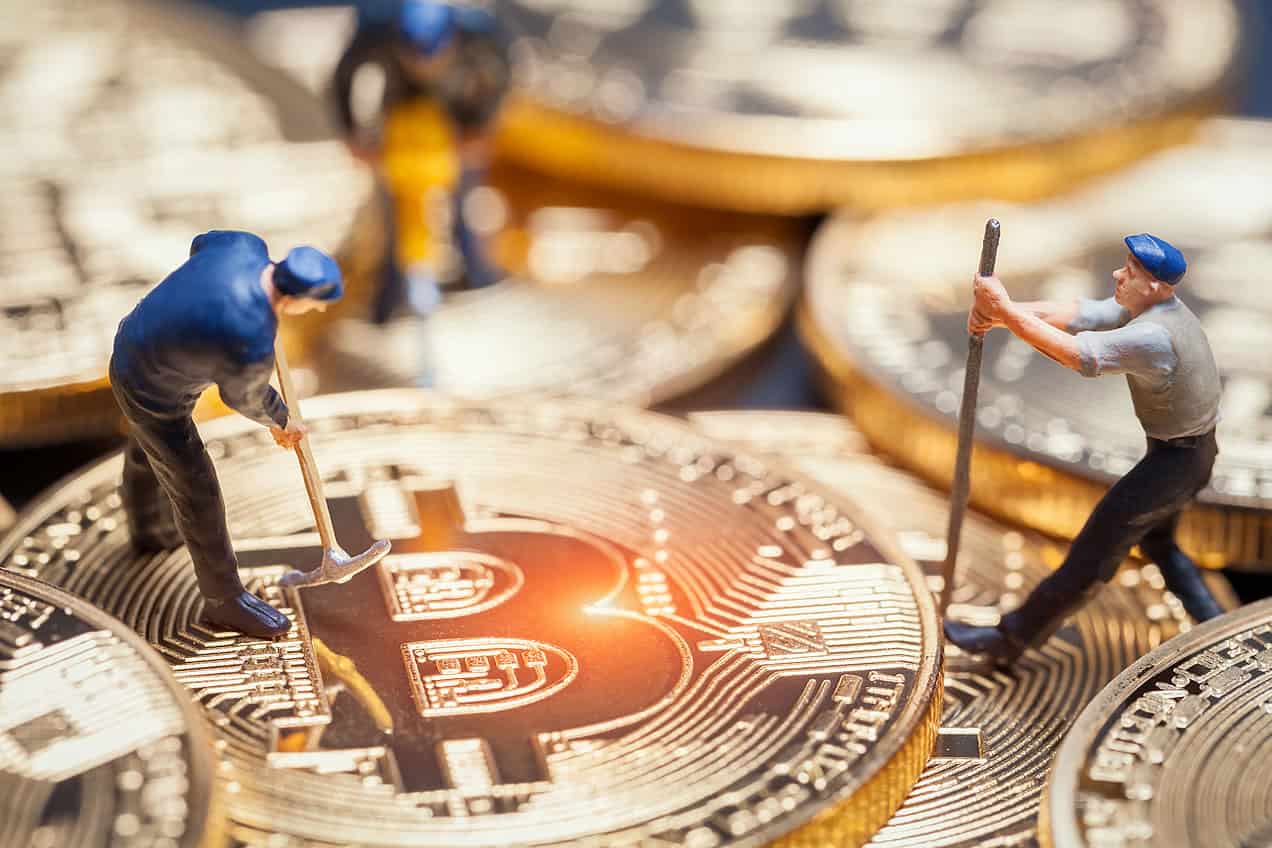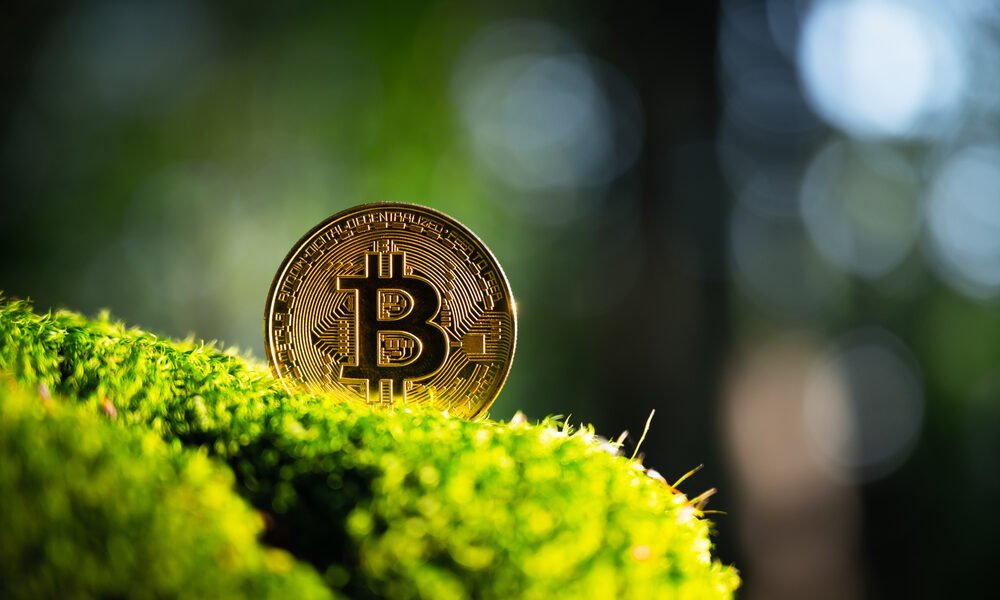Crypto exchange Fasset hopes to win Indonesia license next month


Cryptocurrency exchange Fasset, which raised $22 million in Series A funding last year, hopes to get a license in Indonesia by next month after waiting nearly a year.
In an interview with DiscardPradipta Mukherjee, Fasset’s country director in Indonesia, Hendra Suryakusuma, highlighted the opportunities to contribute to economic inclusion in the Southeast Asian nation. According to some estimates, half of the country’s population of 270 million lacks full access to financial services.
Indonesia’s plan to introduce a national crypto exchange has been running behind schedule as the country puts together the right infrastructure, Suryakusuma said, while a central bank digital currency (CBDC) is expected to offer opportunities especially when adoption levels are low.
The following questions and answers have been edited for clarity and length.
Pradipta Mukherjee: When do you hope to get your license in Indonesia?
Hendra Suryakusuma: We have submitted all required documents and our offices and end-to-end systems are being checked for the audit report. So we hope to get the license in two weeks. We must comply not only with regulations from Bappebti [Indonesia’s Commodity Futures Trading Regulatory Agency] but also from the Ministry of Communications and IT. You cannot operate in Indonesia without obtaining this license first. There are so many demands we have to deal with. That is why the process took quite a long time. The government is still issuing new licenses through Bappebti, but the process is slow.

Mukherjee: Why did you choose Indonesia for expansion?
Suryakusuma: Fasset focuses on countries with a Muslim majority. Indonesia is one of the most populous countries in the world. And the good thing about Indonesia, from a macroeconomic perspective, is that 75% of the population is under the age of 40. So we are quite a young nation. And that is why technology adoption in Indonesia is quite high.
Mukherjee: Considering the huge unbanked population, how is Indonesia adopting crypto?
Suryakusuma: According to Bappebti data from December, around 17 million people in Indonesia have access to crypto assets through 28 different crypto exchanges. Three crypto exchanges got licenses just two months ago. There is considerable potential for growth in the coming years, particularly as the government continues to develop a clear regulatory framework. About 52% of Indonesia’s population lacks access to bank accounts and financial services, so this is going to be a very attractive market for many cryptocurrency and blockchain technology providers to offer financial services. We are still at an early stage because so many people in Indonesia still don’t know anything about blockchain, crypto and the basics.
Mukherjee: Can you elaborate on how Indonesia hopes to develop and use blockchain technology?
Suryakusuma: Overall, Indonesia sees blockchain technology as a promising tool to promote financial inclusion, improve supply chain management, and improve the security and efficiency of public services.
One of the main use cases for blockchain technology in Indonesia is the country’s payment system. The government is launching several initiatives to promote the use of digital payments. So we have QRIS [Quick Response Code Indonesia Standard, or a QR code standard developed for cashless payments in Indonesia].
Even street vendors accept digital payments. Looking at the latest developments in technology, blockchain-based solutions have the potential to develop more efficient and effective ways of providing these services to society because it is a secure and affordable payment option for people without access to traditional banking services.
Mukherjee: What is the update on Indonesia’s central bank digital currency?
Suryakusuma: Bank of Indonesia plans to create a digital version of the Indonesian rupiah using blockchain technology. And this digital rupee will become a CBDC that can be used for online transactions and other digital payments.
In addition to payment, blockchain technology can also improve supply chain management in Indonesia. Indonesia is a large archipelago country with over 14,000 islands. The country has a large and complex supply chain, and blockchain-based solutions will be able to offer greater transparency and efficiency with real-time tracking of goods and reduce the risk of fraud and counterfeiting.

Mukherjee: What is the state of the internet and power infrastructure?
Suryakusuma: In eastern Indonesia, internet connectivity and electricity infrastructure are not as good as in western Indonesia. For example, 4G wireless technology covers all the major islands in the western part of Indonesia, such as Borneo, Java and Sumatra. However, because there are so many small islands in eastern Indonesia, it is difficult for the government to implement 4G in these areas, so large parts of eastern Indonesia still have poor internet connectivity.
On the power supply, the government installed many solar farms, especially on Flores Island and as far north as Maluku Island. But [the solar farms] are not as established as those in western Indonesia, such as Sumatra and Java.
Mukherjee: So is there a challenge when it comes to CBDC adoption and trading on crypto exchanges?
Suryakusuma: Yes, it’s going to be a challenge because we need to have a very good internet connection to have a good drop-off and drop-in experience. But many government initiatives are underway to tackle these problems in eastern Indonesia.

Mukherjee: The Financial Services Authority (FSA) of Indonesia will take over regulatory oversight of crypto assets from Bappebti. Has this plan been implemented? What was the need for this?
Suryakusuma: The plan will take about 30 months from December 2022. Crypto is not just a commodity [because] it can act as a currency; it can act as a security. The FSA supervises mutual funds, capital markets and insurance.
Mukherjee: Is the introduction of a CBDC a cause for concern for crypto exchanges like yourself?
Suryakusuma: We see it as a good opportunity because crypto adoption levels remain very low. The transition process from Bappebti to FSA will also create many different opportunities for us, especially when it comes to integrating crypto-blockchain-related technology into the FSA ecosystem. We can have a 24-hour market if we can tokenize the shares of an Indonesian company, for example, and trade tokens on a blockchain. It will be quite interesting for us to explore.
Mukherjee: Indonesia’s plan to set up a national cryptocurrency exchange has been delayed, but is now set for June 2023. Can you explain the reasons for the delay?
Suryakusuma: From what I can see, there are so many technological challenges that the government needs to solve. We have the custody company, the settlement company, the payment banks and the stockbroker in the capital market ecosystem. But there are no underwriters or stock brokerage for crypto. I think the government is still trying to finalize the best solution technologically and commercially. It takes a lot of effort to build the infrastructure and I think this is one of the biggest reasons.
Mukherjee: How do you see Indonesia’s national crypto exchange plan fitting into the wider economy, as well as benefiting crypto exchanges like yourself?
Suryakusuma: There are bad actors using ponzi schemes in crypto and they are also active in Indonesia so we need government intervention to minimize the bad actors. The government is establishing more clarity around regulations and it will create a greater sense of investor security if we have a national crypto exchange in Indonesia that is governed and protected by the regulators. However, as a crypto exchange operating in Indonesia, we also require some flexibility to continue to innovate and develop our business.

























